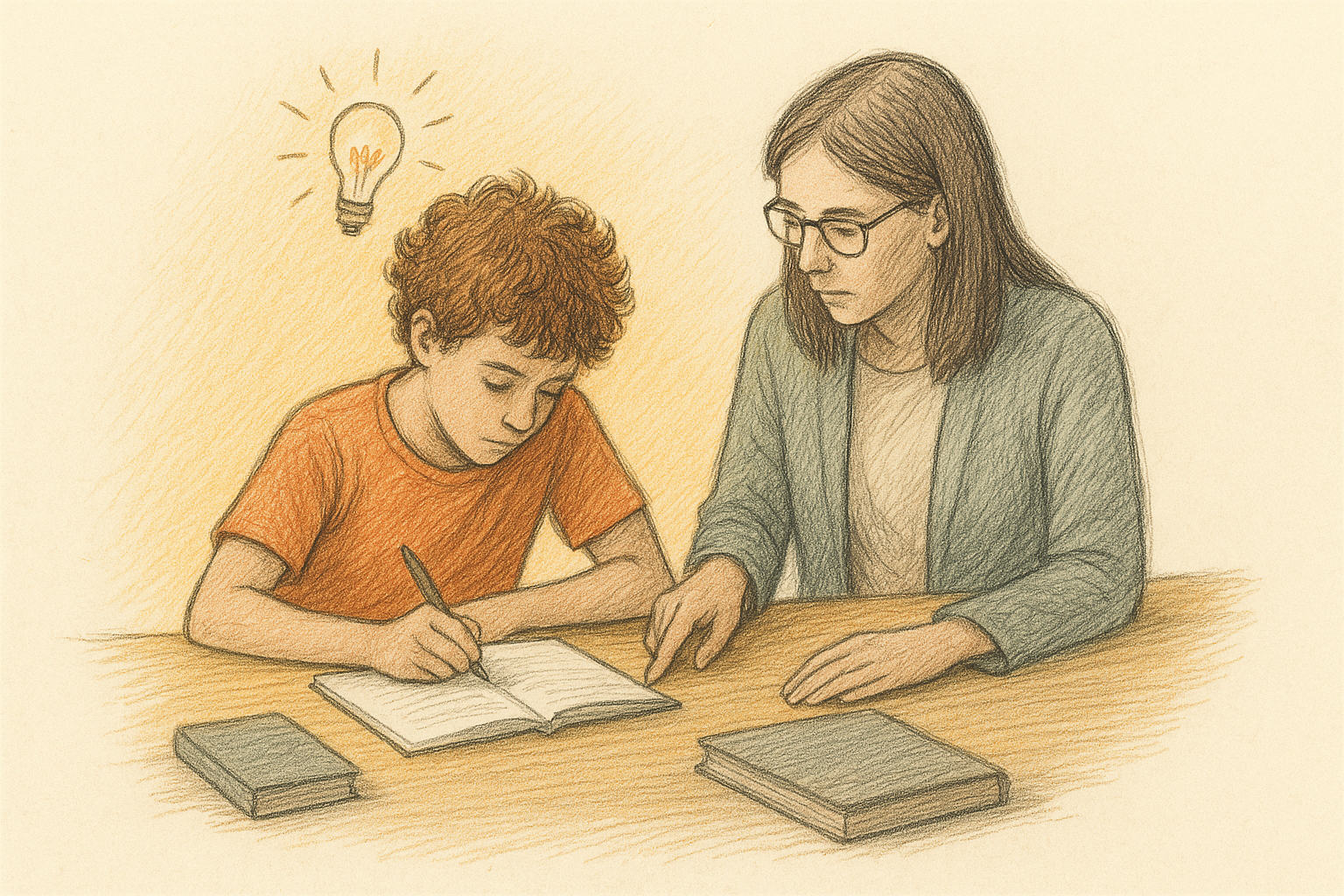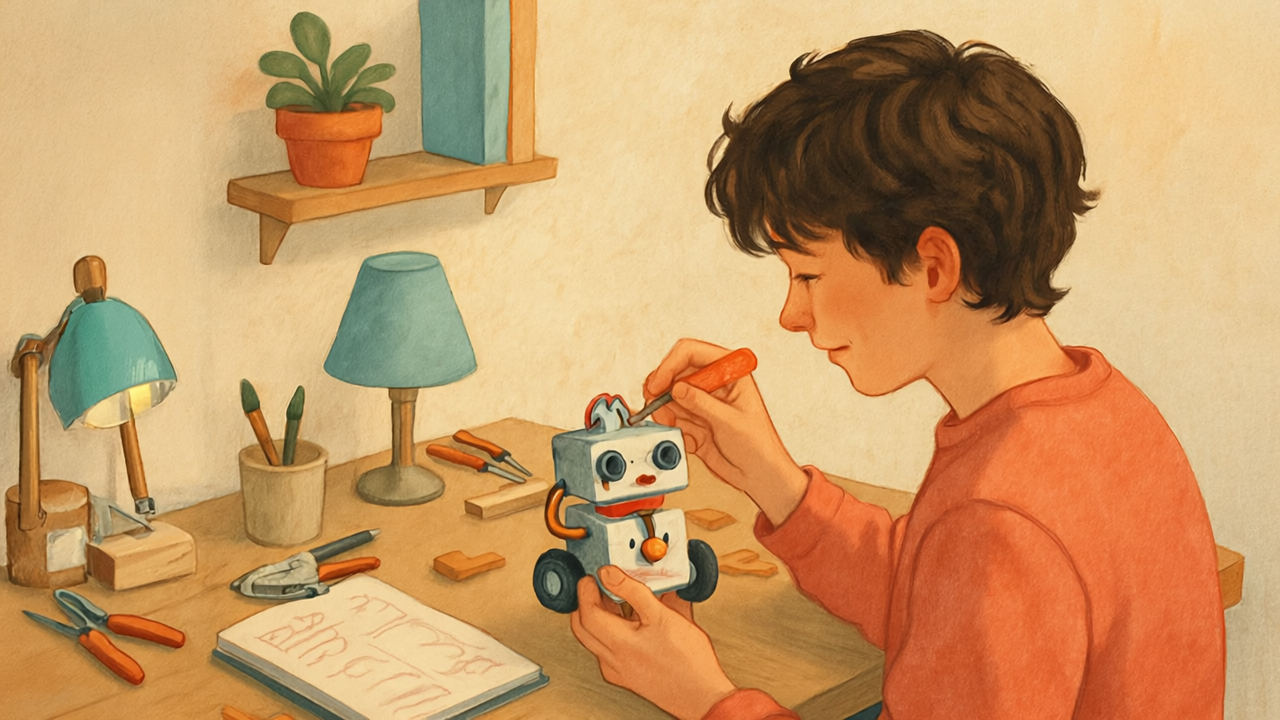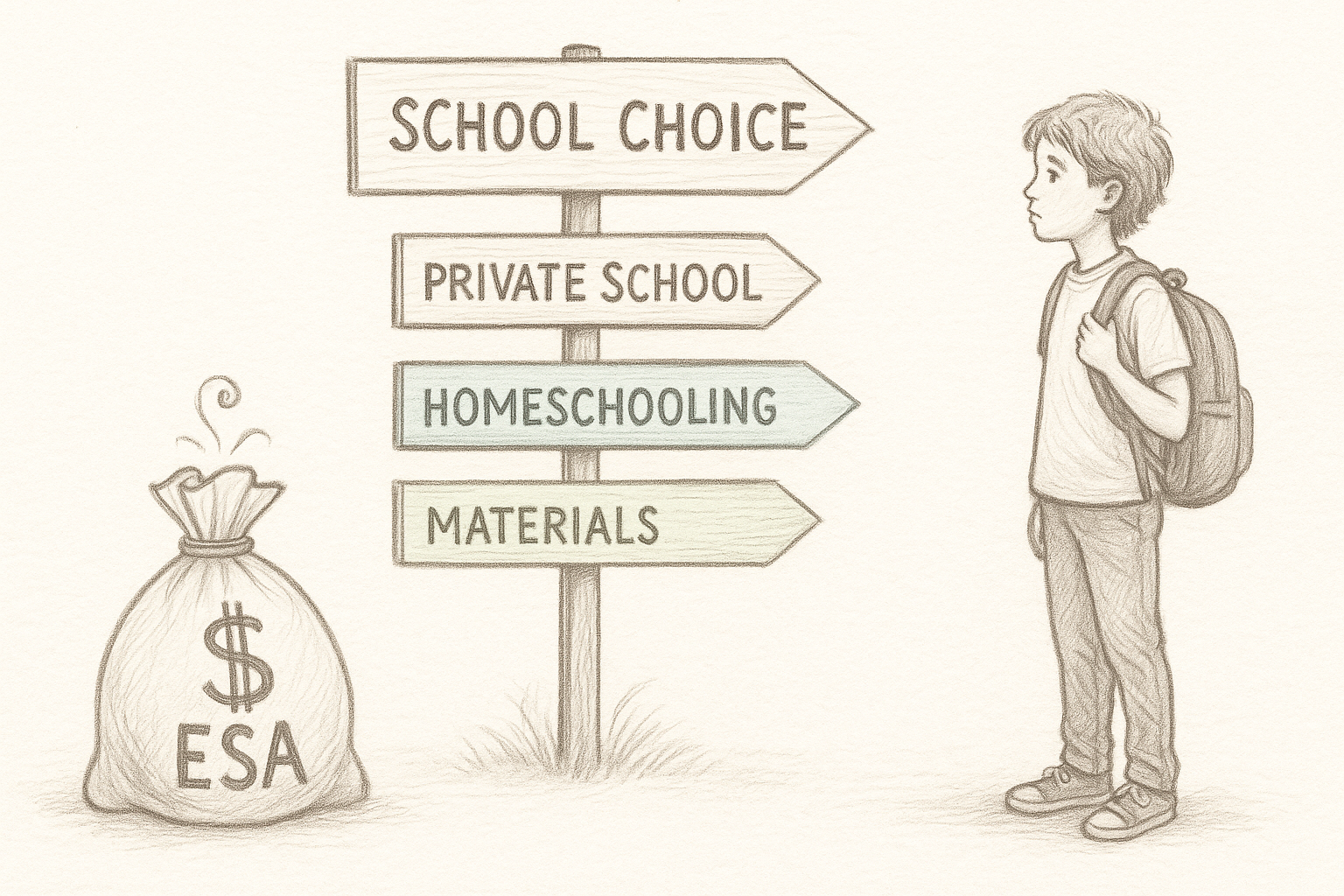The brain is still one of the biggest mysteries of our time. The question of consciousness has plagued scientists and philosophers alike since the beginning of history. Our ability to metacognize has led to entire fields of study, philosophy, psychology, neuroscience, and cognitive science. All of these fields are focused on finding out why we behave the way we do and how our “thinking” can be connected to the neural activity constantly going on in our brains.
Cognitive science as a field of study is inherently interdisciplinary. Only recently have universities around the world begun to offer it as a major and minor. But it has rapidly become popular because of its broad application and open-ended employment opportunities. Specifically, the study of cognitive science is great preparation for careers in artificial intelligence (AI).
But, what if students learned these foundations in high school? What if a high schooler could take a cognitive science course? Should they?
What is Cognitive Science?
First some definitions. Cognitive science is the interdisciplinary study of how the mind works: essentially, it’s the scientific investigation of thinking, learning, development, perception, memory, consciousness, and intelligence. It is unique in the way it borrows from multiple academic fields in order to address fundamental questions of the human mind.
You can think of cognitive science as the intersection of four core disciplines, with two other very important disciplines that strong intersect with them. The four core disciplines are psychology, neuroscience, linguistics, and philosophy; and the two intersecting disciplines are anthropology and computer science.
Psychology focuses on understanding of human behavior, learning, and mental processes. Neuroscience examines the physical brain structures and neural mechanisms behind cognition. Linguistics studies how language—a fundamental brain and human function—is processed, learned, and used. Philosophy asks fundamental questions about consciousness, knowledge, and the nature of mind. Computer science and AI provide models of the brain that show how information processing might work and test theories through simulations. And anthropology explores how culture shapes thinking and cognitive development.
Rather than each field working in isolation, cognitive science synthesizes insights from each. For example when studying memory, psychology might offer useful experiments on how memory is stored while neuroscience provides research on neural activity during memory formation, computer science adds models of memory storage systems, and philosophy asks fundamental questions of what memory is.
Evolution of Cognitive Science
Cognitive science emerged in the 1950s-60s during what’s called the “cognitive revolution,” when researchers began moving away from behaviorism (which only studied observable actions) toward understanding the mental processes happening inside our heads.
Today cognitive science studies such questions as: how we recognize faces, why we make certain types of errors in reasoning, how children learn language, what happens in the brain during decision-making, how artificial intelligence systems can mimic human thinking, and why some learning strategies work better than others. Practical applications abound, from designing better educational software and user interfaces, to understanding mental health conditions, to developing more effective AI systems, to improving how we teach and learn.
Cognitive Science at Cicero
Since cognitive science is so core to current and future areas like AI, here at Cicero we decided to roll out a high-school level cognitive science course. So far we have had several students take this in our one-to-one model with a number of teachers, including Michael Munson. (He’s amazing!)
Underpinning this is the realization that there’s no solid reason why students need to wait until college to dive into this fascinating discipline. A student interested in AI can explore computer models of cognition using computer science, while someone drawn more to philosophy or anthropology can spend their time reading and discussing fundamental thought and theories around consciousness, intelligence, and humanity. Both Cicero’s adaptivity and cognitive sciences’ interdisciplinarity means that students can be met where they are as well as have agency over where they are going.
At the same time cognitive science is well suited to the Socratic method that our one-to-one model emphasizes. Complex concepts like consciousness, decision-making biases, and neural plasticity are often better explained through discussion and questioning. The mentoring relationship allows for deep exploration of philosophical questions that arise naturally in cognitive science—questions that might get lost in a traditional classroom setting.
21st Century Skills
We are also pumped about how relevant cognitive science is to today and tomorrow’s world. Cognitive science is directly relevant to emerging fields like UX design, AI development, data science, and human-computer interaction—all fields where remote, self disciplined work is common. Understanding how humans think and process information is an increasingly valuable skill set as technology becomes more sophisticated and our world revolves around it even more so.
We also love how a study of cognitive science fits well with worldschooling families and non-traditional students, who often encounter diverse perspectives. The study of cognitive science teaches students to evaluate claims, understand bias, and think scientifically about complex issues—essential skills for navigating an information-rich world.






